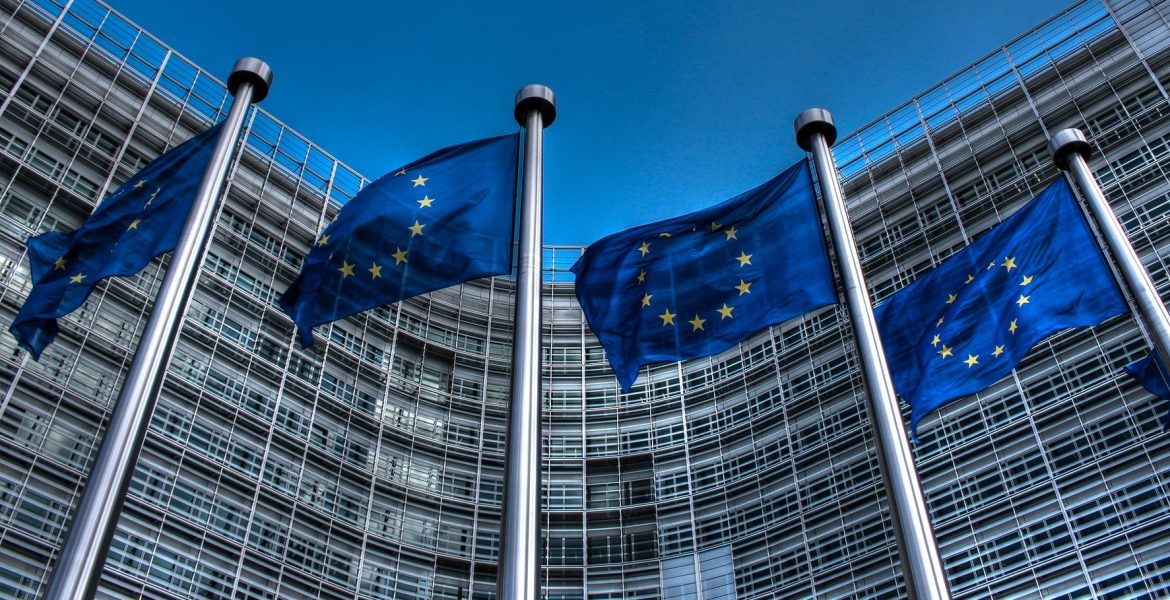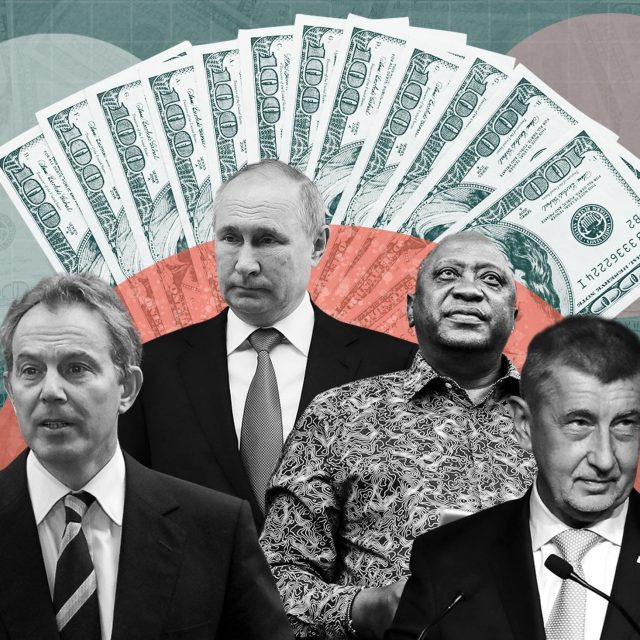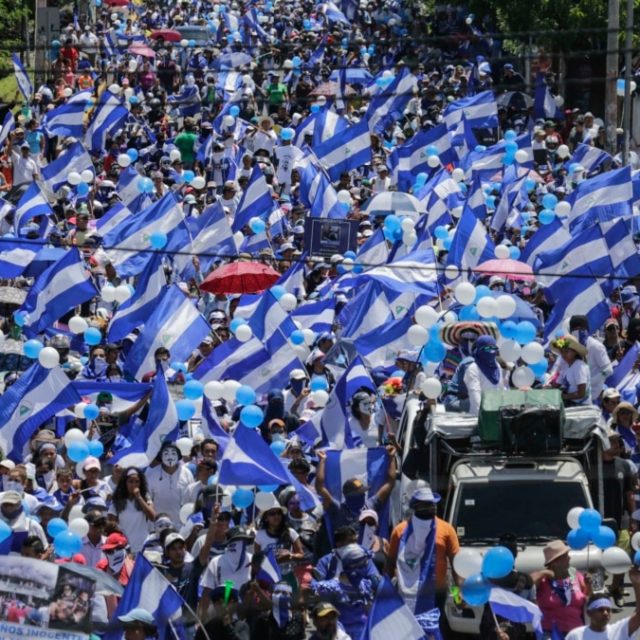The European Economic and Social Committee (EESC) has hosted its end-of-term ceremony during the last plenary session before the renewal of the institution in October.
Luca Jahier, president of the EESC since April 2018, expressed his gratitude to all of the members and highlighted the important contribution of the civil society organisations represented at the EESC to the European project.
The EESC said goodbye to 135 of its current members yesterday during its September plenary session, the last of the 2015-2020 term. In October, a new five-year term will start under a new presidency and the partial renewal of the members.
The outgoing president, Luca Jahier, took stock of the work done during his term of office, which started in April 2018 with a call for a second European Renaissance or “rEUnaissance”. “I continue to believe that the EESC has an important role to play in shaping the key transformations the EU has to face, as a powerhouse of this rEUnaissance”, said Mr Jahier.
In his last speech as president of the EESC, Mr Jahier spoke about the main priorities of his term, namely sustainable development, a strengthened EU-Africa relationship, EU enlargement, and culture as a unifying element in Europe. He also highlighted the contribution made by the EESC in the last few years to tackling the challenges facing the EU: for example, the EESC had been the first European institution to propose a European Health Union. He expressed the hope that the EESC could take an active part in the Conference on the Future of Europe proposed by the European Commission and the European Parliament.
Luca Jahier closed his speech with a warning: “I call for the EESC to stay united; there seems to be a fear of change, but we must remember that only by daring to do things differently can you create something new. Europe is at a crossroads and we must act fast, but make sure to leave no one behind”.
Isabel Caño Aguilar, the outgoing Vice-president for Communication, mentioned the major challenges that the EU institutions had had to face in the last few years, which included the European elections, the renewal of the Commission, Brexit, and the ongoing COVID-19 pandemic, and also referred to the efforts the Committee had made to “modernise and update our communication policy”. Against this background, Isabel Caño outlined the important contribution made by EESC members to communicating the role of organised civil society and expressed her firm belief that “another Europe is possible, citizens’ rights and aspirations must be at the core of our work; Europe is its civil society”.
In her speech, the Vice-president for the Budget Milena Angelova highlighted some of the main achievements of her term: “We managed to distribute our resources in a balanced way, and we strengthened cooperation with other EU institutions, such as the Parliament and the Council; I think we are leaving a good legacy for our successors”, she said.
Klara Dobrev, Vice-President of the European Parliament, took the floor at the EESC’s plenary to highlight that “nothing can change in the world if we don’t have the support of the people; and the role of the EESC is to get in touch with organised civil society, with real people, all with different backgrounds and needs”.
Italian writer and journalist Giuliano da Empoli, founding chairman of the Volta think tank, explored the issue of how to better communicate the European project, and pointed out that “on social media, it is the adversaries of Europe and the nationalists who are the establishment, and they use very sophisticated, contemporary tools”. He also proposed that the taboo of neutral communication should be broken, as “controversy and disagreement will create more energy”
On 27-29 October, the EESC will hold the first plenary session of its new term of office, which will include the inauguration of the new presidency and the arrival of the new members to replace those whose term has not been renewed.
Under the rotating system of the EESC, the new president will come from the Employers’ Group and will hold the position for two and a half years. The EESC plenary will also appoint two vice-presidents chosen from each of the two other groups in rotation, one from the Workers’ Group who will be responsible for the budget and one from the Diversity Europe Group in charge of communication.
The new president will be responsible for the orderly conduct of the Committee’s business and represent the EESC in relations with outside bodies.




